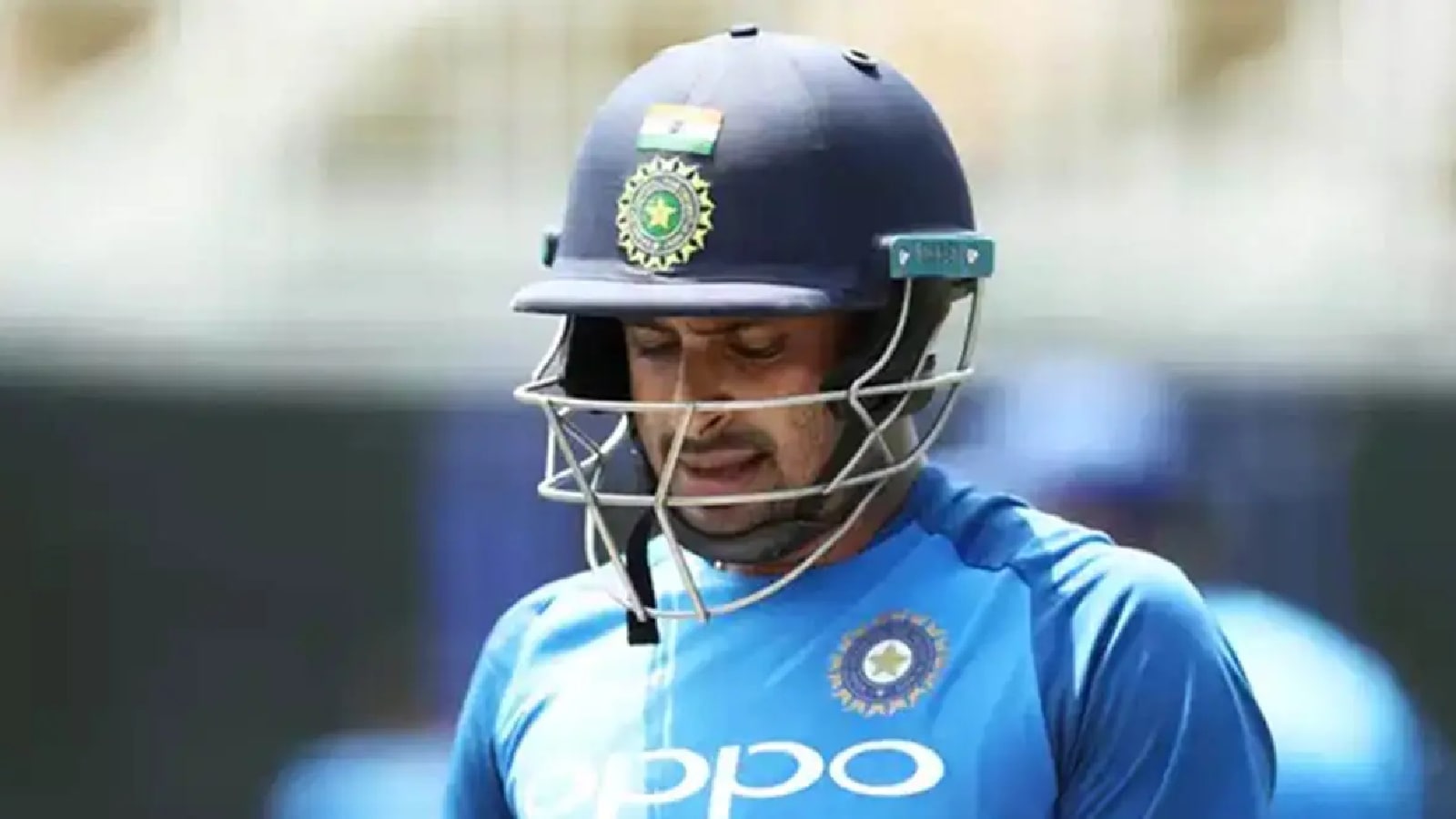 |
|
Robin Uthappa's recent interview has reignited a controversy surrounding Ambati Rayudu's exclusion from India's 2019 ODI World Cup squad. Uthappa, a former teammate, directly accuses then-captain Virat Kohli of personally orchestrating Rayudu's omission, alleging a personal dislike as the underlying reason. This claim is supported by Uthappa's account of Rayudu receiving World Cup apparel and kit, only to be subsequently dropped from the team, a deeply demoralizing experience for the player. The incident highlights a significant fault line in Kohli’s leadership, a style perceived by Uthappa and others as lacking in empathy and transparent communication. The lack of clear explanation, compounded by the premature delivery of World Cup gear, paints a picture of unprofessionalism and disregard for the player's emotional well-being.
Uthappa's criticism extends beyond the mere act of exclusion, focusing on the manner in which Rayudu was informed. The lack of direct communication, the abruptness of the decision after receiving the World Cup kit, and the subsequent absence of any explanation are all points of contention. This contrasts sharply with Uthappa’s description of Rohit Sharma's leadership style. He cites an instance where Sanju Samson was informed just minutes before the 2024 T20 World Cup final that he would not be playing. Despite this last-minute change, Rohit took the time to personally explain the decision to Samson, demonstrating a level of respect and consideration for the player's feelings, even in the high-pressure environment of a World Cup final. This contrasting leadership style highlights the importance of effective communication and empathy in team management, even when difficult decisions must be made.
The comparison between Kohli and Rohit’s leadership styles serves as a crucial element of Uthappa's commentary. While acknowledging that every captain has preferences and may make difficult selections, Uthappa emphasizes the importance of humane treatment and clear communication. The difference lies not just in the outcomes – one player included, one excluded – but in the process. Kohli's alleged actions are criticized for their lack of transparency, resulting in emotional distress and potentially damaging the player's confidence. In contrast, Rohit's actions exemplify the qualities of a great leader: empathy, respect, and open communication, all of which contribute to a positive team environment. The contrast underscores the critical role that communication plays in team dynamics and the long-term impact of leadership styles on player morale and performance. The incident highlights the importance of considering not only the technical aspects of team selection but also the emotional and psychological impact on the individuals involved.
The Rayudu case remains a contentious issue in Indian cricket, sparking debate about the importance of communication, transparency, and respect in leadership. Uthappa's comments provide a valuable perspective on the behind-the-scenes dynamics of team selection and leadership in professional sports, reminding us that the human element plays a significant role, even at the highest levels of competition. The contrasting leadership styles of Kohli and Rohit showcase different approaches to decision-making and player management, prompting introspection on the ideal attributes of a successful captain. The broader discussion initiated by Uthappa's account pushes the conversation beyond simple team selection towards a more nuanced understanding of the ethical and psychological considerations involved in leading a high-pressure team.
Source: ‘Virat Kohli didn’t like him’: Robin Uthappa reveals Ambati Rayudu’s snub from 2019 ODI World Cup
